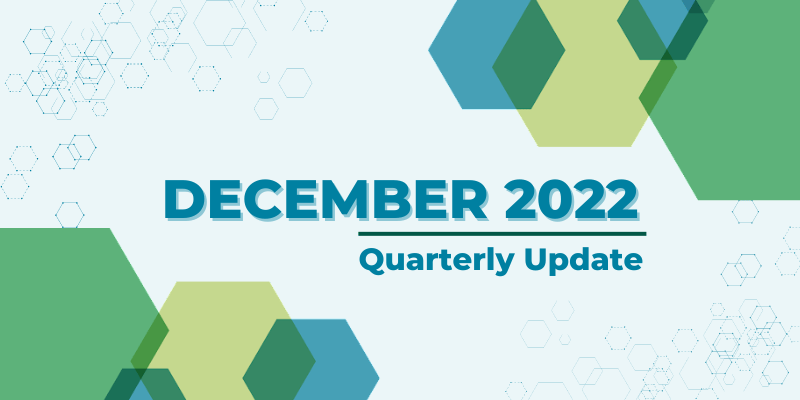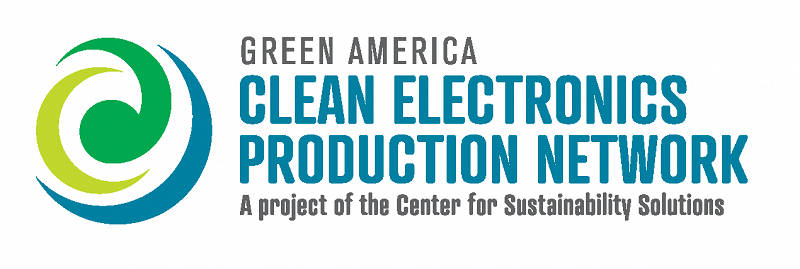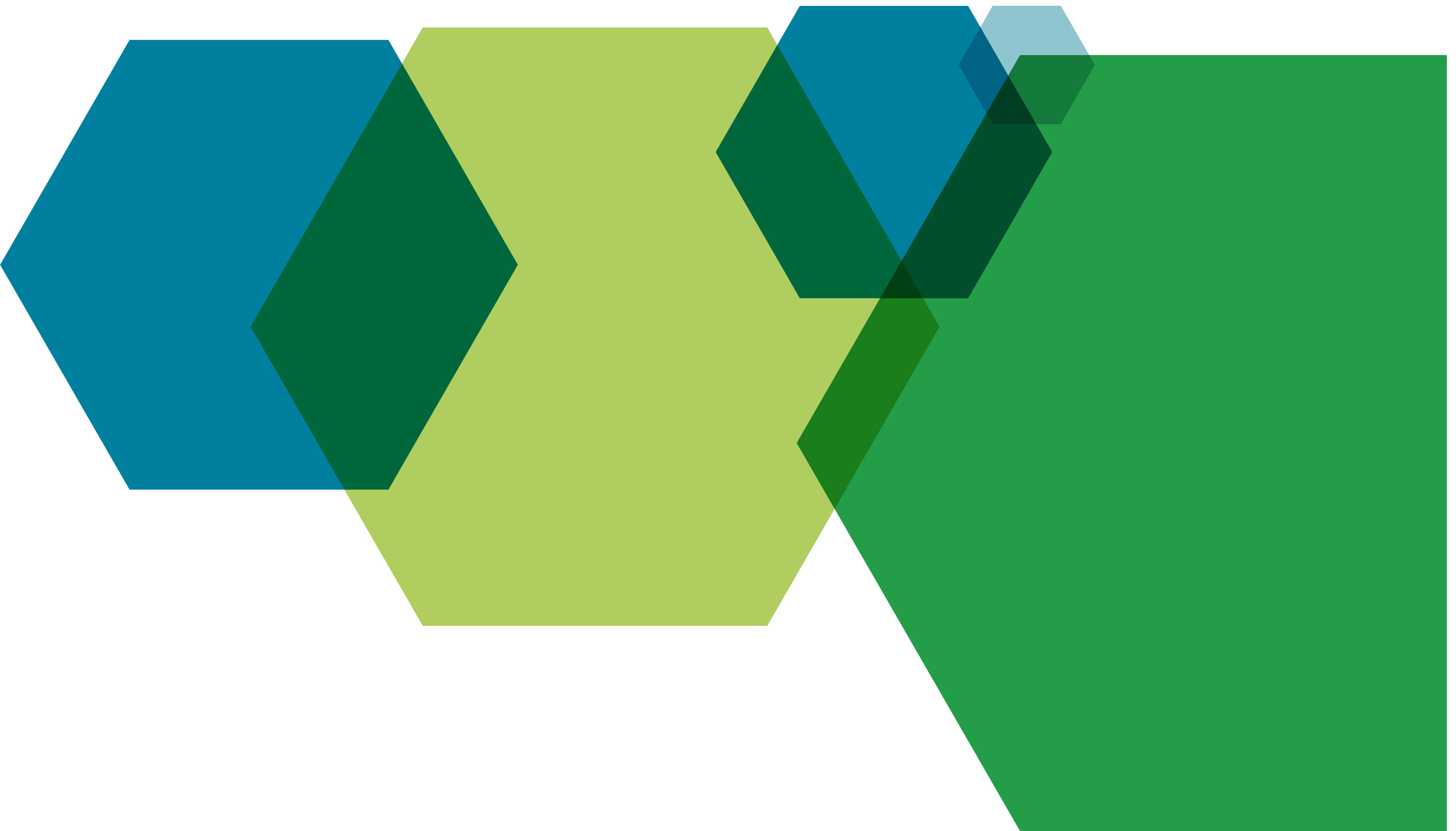 Updates
Updates
December 2022 Quarterly Update
As the year quickly comes to a close, we are thankful for the chance to reflect on the work that has been done up and down the supply chain to protect electronic workers from harmful chemical exposures. There have been some exciting new developments and updates both from CEPN members and from the electronics industry as a whole that we wanted to share.
As always, please do not hesitate to reach out with thoughts or questions. We appreciate you reading our newsletter.
CEPN Updates Safer Alternatives Page
We are thrilled to share recent updates to the Safer Alternatives Page on the CEPN website. In partnership with Clean Production Action, ToxServices, and TCO Certified we have created a single hub of certified manufacturing cleaners and degreasers products and accepted substances. The site includes current lists of GreenScreen Certified™ for Cleaners & Degreasers in Manufacturing, ToxFMD Screened Chemistry® Certified Electronics Manufacturing Cleaning Products, and TCO Certified Accepted Substance – Cleaning Ingredients.
This information will assist companies and facilities in the electronics supply chain to efficiently find safer alternatives to manufacturing cleaners and degreasers. We will continue to add certified cleaners and degreasers from other assessment schemes as they become available.
This update supports CEPN's effort to promote and elevate existing resources and lists of safer alternatives, a focus since CEPN's inception. We welcome feedback on how this resource can be most useful to users as CEPN continues to build out additional resources.
Launch of Open Supply Hub
Open Supply Hub (OS Hub) launched in November 2022, is an accessible, collaborative, supply chain mapping platform, used and populated by stakeholders across sectors and supply chains. It is a neutral, non-profit organization registered in the USA. To date, Open Supply Hub has received funding from Amazon, Deutsche Gesellschaft für internationale Zusammenarbeit (GIZ) GmbH, Humanity United, Laudes Foundation, Patrick J McGovern Foundation and Target.
Open Supply Hub's mission is to improve human rights and environmental conditions in and around factories and facilities by opening up supply chain data as a free, public good. In addition to their mapping tool, Open Supply Hub also offers features to automatically connect their database with others or embed supply chain maps on user websites. Open Supply Hub recently hosted a webinar Introducing Open Supply Hub, including a demonstration of tactical steps for how different stakeholders can make the most of the platform.
Open Supply Hub's platform is an expansion of the Open Apparel Registry (OAR). From the years 2019 to 2022 OAR mapped over 90,000 facilities in the apparel industry.
How can organizations make use of Open Supply Hub?
There are a number of benefits and ways to use OS Hub, for different types of organizations. Learn more about how you can search and share supply chain data to increase collaboration in and across global supply chains, whether you’re a brand/retailer, civil society organization, multi-stakeholder initiative, service provider, or researcher.
If you would like to learn more, access resources or find out how to become more involved in Open Supply Hub's work, follow this link.
IPC-1402, Standard for Green Cleaners Used in Electronics Manufacturing, Released
IPC recently released the final version of IPC-1402, Standard for Green Cleaners Used in Electronics Manufacturing. This standard, developed using a multi-stakeholder consensus process, defines and sets minimum criteria for green cleaners – chemical cleaners meeting a defensible set of green chemistry requirements – used in electronics manufacturing processes. In addition, the standard provides a core set of foundational environmental, health and safety requirements, which aim at reducing impacts and improving the safety of cleaning products.
TURI Collaboration Leads to Alternative Etching Solution Free of PFAS
A research team from CEPN member Toxics Use Reduction Institute (TURI) and UMass Lowell has developed etching solutions for semiconductor customers of Transene Company, a manufacturer of advanced materials for the electronics industry that do not contain toxic per- and polyfluoroalkyl substances (PFAS).
The research project that led to this solution, now in its' second year, is a result of a grant awarded to UMass Lowell plastics engineering Professor Ramaswamy Nagarajan from TURI. According to Greg Morose, TURI Research Manager, the multidisciplinary aspect of the project, which brought together experts in chemistry, engineering, and public health, helped lead to this unique solution. Since the development of the new formula, dozens of Transene's customers have begun switching over to this etching alternative free of PFAS.
PFAS have properties that can be difficult to replicate in other products. For chip development, their properties are particularly advantageous because they allow materials to spread uniformly across semiconductor material surfaces. However, PFAS, often referred to as "forever chemicals" never fully break down in the environment and are associated with numerous health risks such as cancer, liver damage, decreased fertility and increased risk of asthma and thyroid disease.
Learn more about this successful collaboration developing a safer alternative etching solution for the semiconductor industry free of PFASs.

